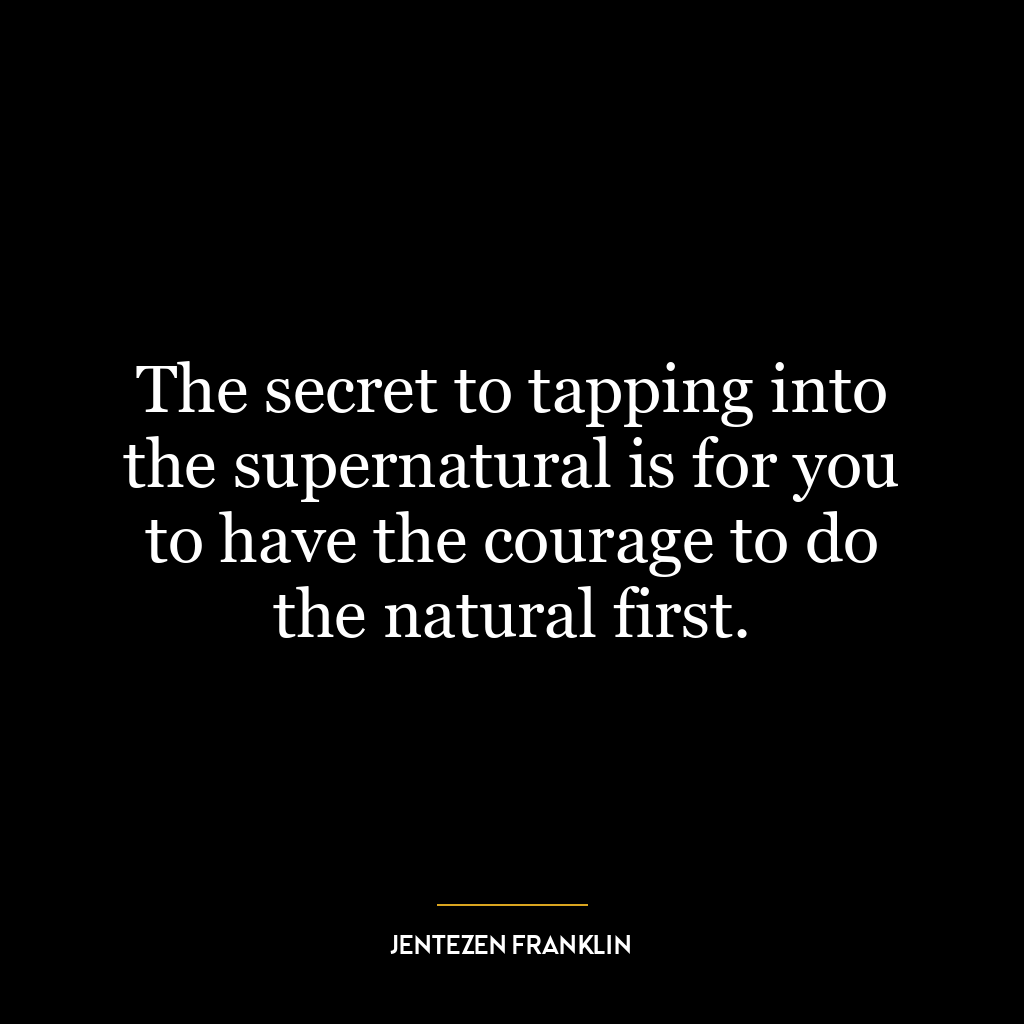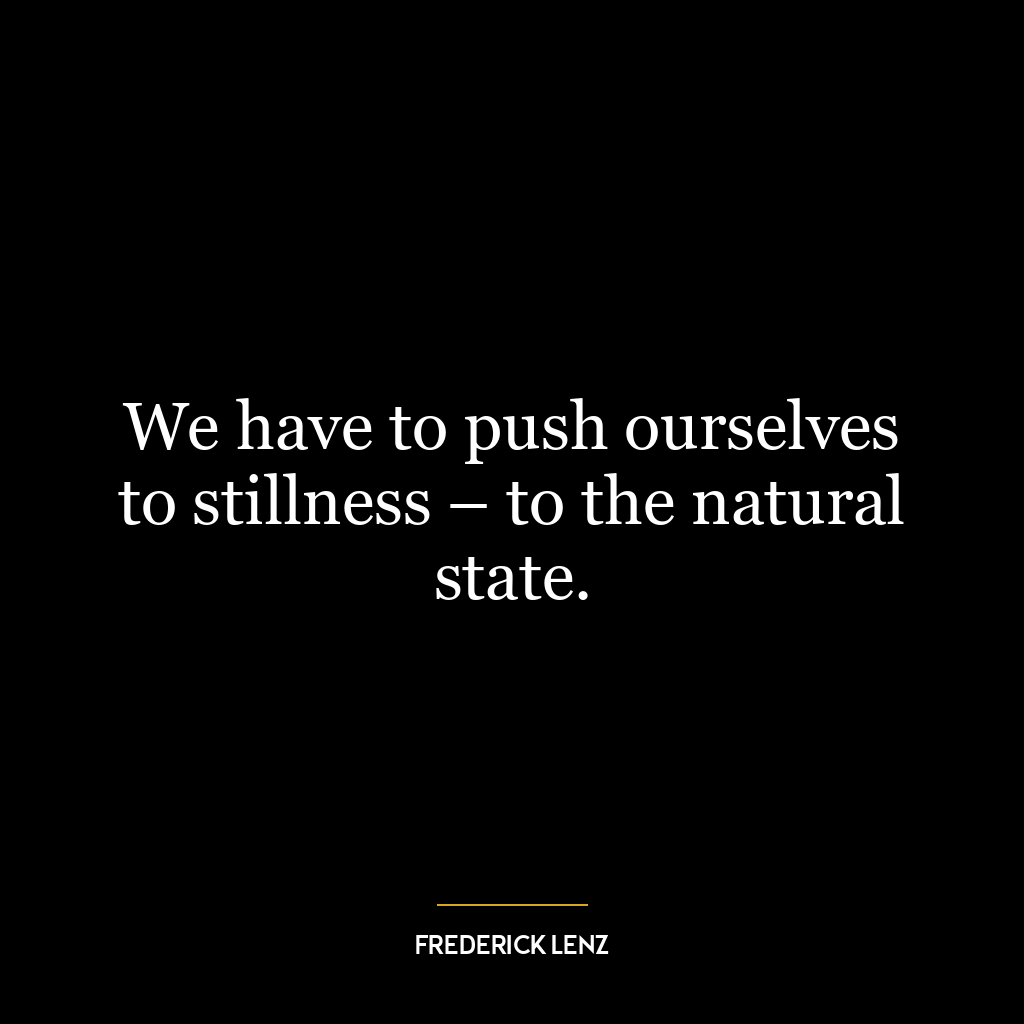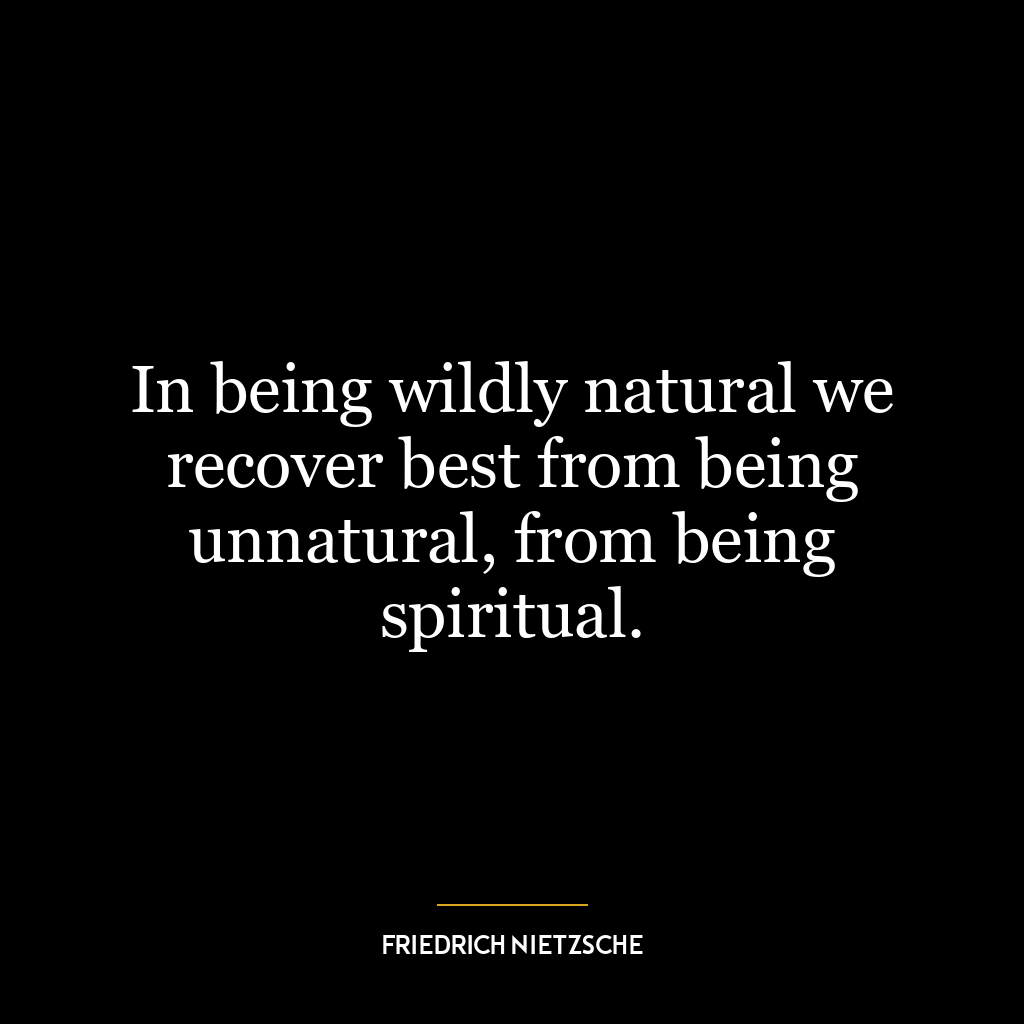Growing a beard is a habit most natural, Scriptural, manly and beneficial.
“Growing a beard is a habit most natural, Scriptural, manly and beneficial.” This quote can be interpreted in several ways, each offering a different perspective on the act of growing a beard.
Firstly, it’s described as “most natural,” suggesting that growing facial hair is an inherent part of being male. It’s something that happens without any conscious effort, much like the growth of trees or the changing of seasons. In this sense, Spurgeon might be advocating for embracing our natural selves and not altering our bodies based on societal expectations or trends.
Secondly, by calling it “Scriptural,” he implies that religious texts endorse this practice. Many religions have specific teachings about facial hair; for instance, in Christianity and Judaism, beards are often associated with wisdom and maturity. Therefore Spurgeon could be highlighting the importance of adhering to religious traditions or embracing spiritual practices as part of one’s identity.
The term “manly” suggests that growing a beard is synonymous with masculinity. It reinforces traditional gender norms where men are expected to look rugged and tough with facial hair being an outward symbol of these traits.
Lastly by stating it’s “beneficial,” he might point towards some advantages associated with having a beard like protection from sun damage or cold weather.
Applying this idea to today’s world could mean embracing your natural self without bowing down to societal pressures about appearance – whether you’re male wanting to grow out your beard or female choosing not wear makeup. In terms of personal development, it may refer to cultivating habits which are in line with your beliefs even if they go against popular trends – similar to how keeping a beard may not always align with contemporary fashion but still holds personal significance for many individuals.
In summary: Spurgeon’s quote advocates for authenticity – accepting oneself as they naturally are; spirituality – honoring one’s faith traditions; masculinity – upholding traditional masculine traits; and pragmatism – recognizing the practical benefits of certain habits. These principles can be universally applied to personal development and self-acceptance, regardless of whether one chooses to grow a beard or not.








